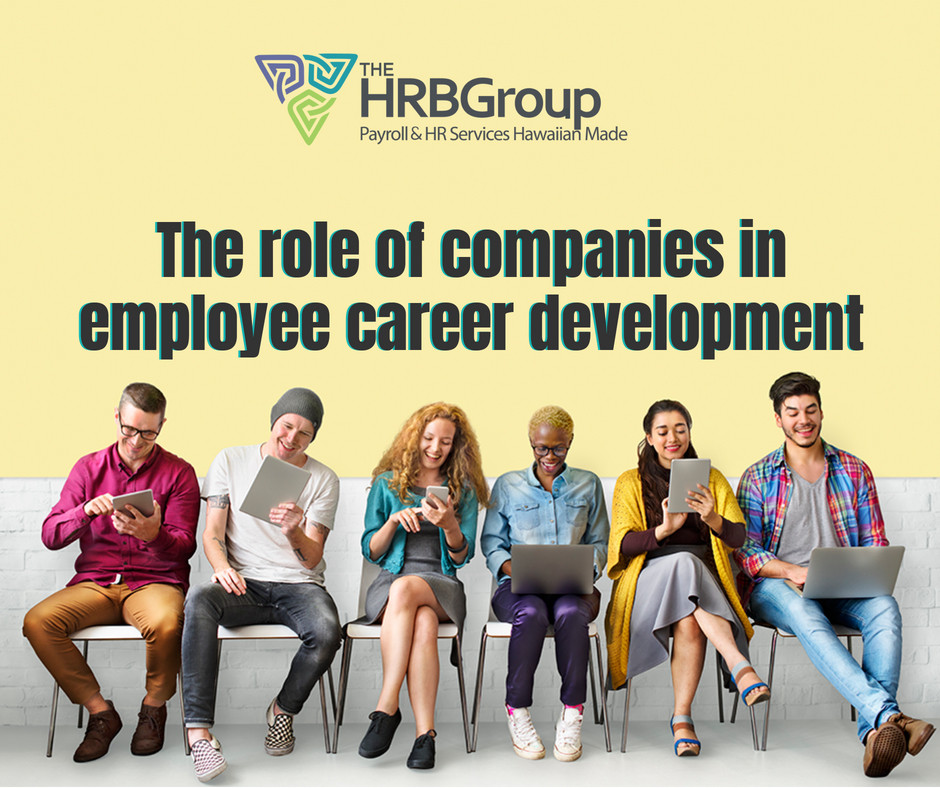
Employee career development sounds like it should be none of the employer’s business, but the opposite is the case. Well! That’s if you want the very best results from your employees.
Fat paychecks and compensation plans are not enough to keep the best brains working for your firm. This is because most employees place career development and professional development far above hefty salaries.
And employers should say yes to employee career development because it is a win-win for both the company and the individual.
For an understanding of the specific roles of employers in this subject matter, we’ll begin by understanding what career development is and how to make the most of it.
Career development
This is the lifelong process of managing your or your employee’s work experience within or between organizations. Thus, it requires adequate planning and absolute involvement of the employer and the employee. A career development plan takes into consideration the ways via which an organization can assist an employee’s career growth and development, as well as the binding terms and conditions of the agreement. To this effect, clear, concise and definite answers should be provided to questions such as:
- Where does the employee want to be at the end of a full year of working with your company?
- What kind of job would they want to retire from and what position would they want to be holding then? This is key as career development is more tangible with the future in sight.
- Is the employee passionate about his/her current field of work? Are there possibilities for a future career switch?
- What would they like to learn more? How strong are your interests in this field?
- Does proximity to work play a role in these decisions?
Answers to these questions will suffice in planning career development programs for your employees.
Start by expanding your and your employee’s view of development. Then;
- Set up a meeting with your employees to discuss their career development plans and aspirations.
Evaluate how futuristic your employees are about their long-term ambitions, and if they have plans for growth. Find out if they honestly feel that your company supports their growth and development.
- Suggest key career and professional development issues to your employees
Nudge your employees to a potentially successful career leaning and ask them to go and brainstorm on issues bordering about their long- and short-term career goals.
- Show how you plan to help
It is not enough to simply know what career goals your employees are aiming for. Offer options for ways in which your company is willing and ready to support their career goals.
Ensure that you recommend lines of action that your employees can implement to achieve success on their career path.
- Draw a career development plan
When your employees have provided you with feedback on their career development aspirations, set up another meeting with them to formulate a plan that works for them individually. This can be a tad time-consuming but the results and benefits far outweigh whatever stress the process brings. Be flexible and allow for open communication so that you get the very best results for your company eventually.
- Manage and implement the plan
Be sure to have all the information documented. Getting your employees to fill a form to this regard, is a great way to go about.
All responses should be sent to Human Resources for review, recommendations, and filing.
As a manager, you can map out the most effective training and development opportunities for your staff. Do not limit this to class training methods. Invest in workshops, seminars, outdoor learning events. Remember! Outsourcing your employees’ training is not the only way. In-house development regimens are more effective and should be embraced.




